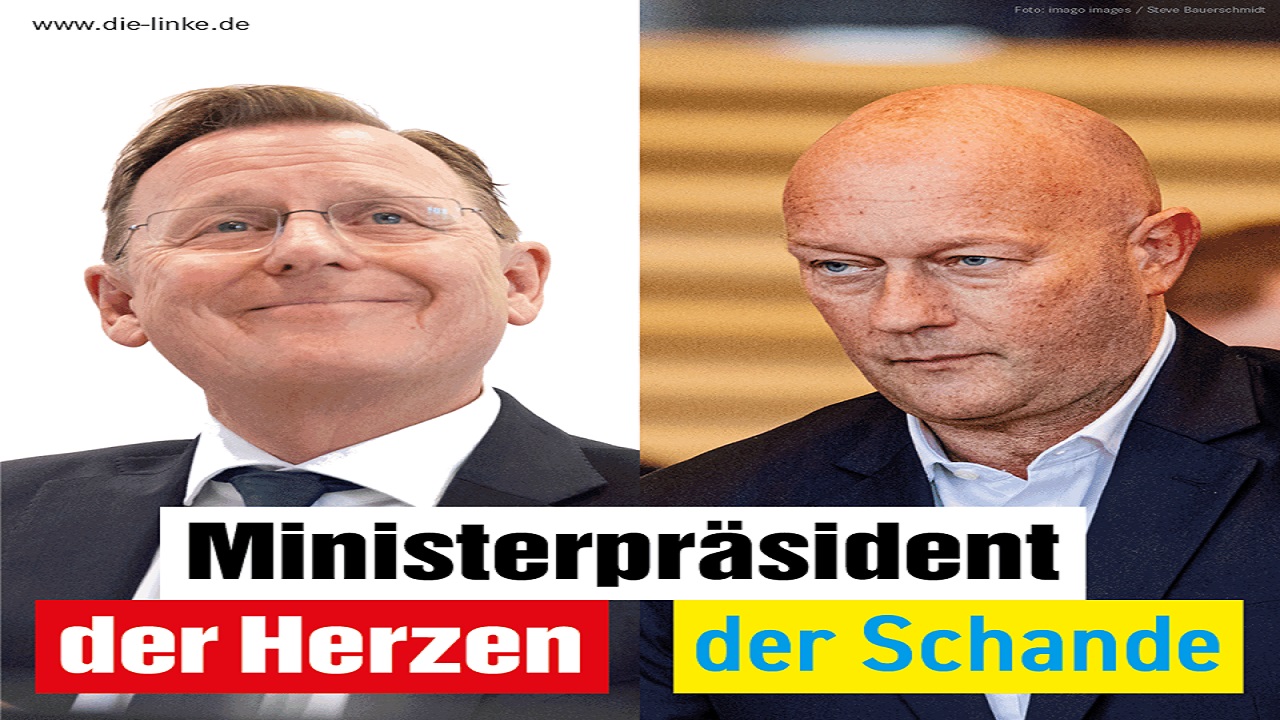Thomas Kemmerich, who was elected as prime minister of the German State of Thuringia with the support of the far-right Alternative for Germany (AfD), resigned on February 6, Thursday. He made this announcement following protests and national outrage over his election with the support of the far-right party which has hitherto been shunned.
The election on Wednesday saw Kemmerich from the liberal Free Democratic Party (FDP) winning a majority with the support of German chancellor Angela Merkel’s Christian Democrat Union (CDU) and the AfD. The election was both a surprise and a shock as Die Linke (The Left) was likely to form a minority coalition government in the State with the backing of the Social Democrats (SPD) and the Greens. However, the AfD played a crucial political role in blocking that Red-Red-Green government. In the parliamentary vote, Thomass Kenerich got 45 votes and Bodo Ramelow from Die Linke obtained 44 votes. The national leaderships of the leftist, liberal and even conservative sections condemned the political developments.
Progressive sections, outraged at the parliamentary coup orchestrated by the conservative-liberal-far-right nexus, marched to the Thuringian State parliament in Erfurt on Wednesday. The call for the march was given by groups including Linksjugend ‘solid, DGB-Jugend, GRÜNE JUGEND, Ver.di Jugend and others. Protests also took place in front of the Thuringian State chancellery on Thursday.
Die Linke leaders Amira Mohamed Ali and Dietmar Bartsch said that an unprecedented legal coup had taken place in Thuringia with the CDU and the FDP forming a pact with the right-wing extremists of the AfD.
Patrik Köbele, chairman of the German Communist Party (DKP) and Volkmar Schneppat, president of the DKP Thuringia State committee, said that “The growth of AfD in Germany is helped by both internal and external factors, including hyper-nationalism, politics of hate, militarization, security state etc. This development is not only pushed and supported by the CDU and the FDP, but also by the SPD and the Greens.”
The AfD has been on the rise in Germany, both at the federal and regional level by conducting a hyper-nationalist and anti-immigrant campaign. However, they have so far been largely ostracized by the major center-right liberal and left-wing political parties. The cross-voting on the floor of the Thuringian State assembly on Wednesday, however, was a decisive break from this trend. Even though the liberals and the CDU said that they do not have a formal agreement or pact with the AfD, there have been reports about formal communications having taken place with the AfD before the vote in the house.
In the State elections to the Thuringian State parliament (Landtag) that took place in October 2019, Die Linke had emerged as the single largest force with 29 seats in the 90-seat parliament, one more than their previous tally. The AFD doubled its strength, winning 22 seats. The CDU ended up with 21 seats and the Free Democratic Party won 5.





